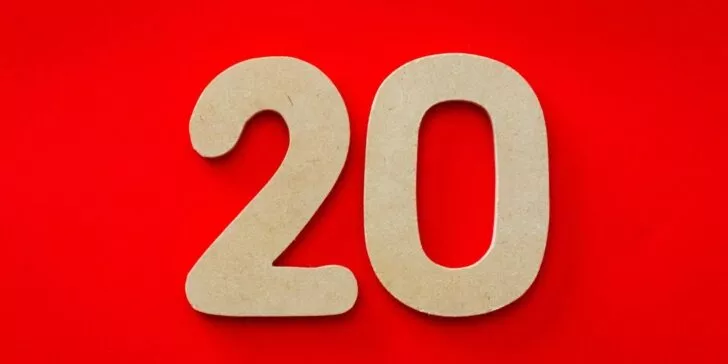It’s becoming accepted that Boomers are (cautiously) going online for health information – but now over 50% of people 13-24 are looking online for health information . Which is great news for pharma: you can reach more age groups now.
We’ve always wanted trusted sources for information, especially when it comes to our health. But “trusted,” increasingly, means personal – not faceless. And if that’s a bit touchy-feely for you, new statistics show that regionally specific health information is the most popular . And just today, J&J bought HealthMedia, an online health-coach service provider.
So you’d think pharma would be all over social media. It’s cheap and it’s targeted. And, quoting the fabulous B.L. Ochman : We’re in a recession. You need to play like every move counts . Scrips are dropping . Budgets are slashed. It just makes sense.
This Brandweek article, “Why Pharma Fears Social Networking ,” has been making the rounds. And I’m glad the issue is getting traditional-media attention, but wow, is it old news. Nielsen did some awesome research that Melissa Davies blogged about in September. But even before that, I guest-blogged for Colleen Coplick in July all about this exact issue, after my very-first-boss Marc Monseau and I talked about it.
But.
Here’s the thing we have to realize.
Talking amongst ourselves isn’t going to fix anything.
We’ve got lawyers, regulators, and scientists who must approve what we say, and where and how we do it. That’s a fact, no matter how we grouse about it. But we forget: they’re human, and they have to understand it before they can approve it.
And while articles about how pharma lawyers didn’t know what Google is let us feel delightfully superior, which can be specially nice if you’ve been in some really frustrating conflicts with them: it doesn’t help.
We just can’t, for our own self-preservation, be all smug and elite about what we know.
If I’m any sort of social media anything, I’ll only be successful when I’ve made myself unnecessary. When everyone around me is fluent in these media, knowing which ones are good for what, when, that’s when I’ve done my job.
You’ve got to teach what you know for it to matter. And not just on panels or in presentations. You can’t just be an evangelist on Sundays, right?
Don’t just talk to the ones who “get it”. Tell the people who have no idea what you’re talking about. The ones who think you’re crazy. Keep doing it. They’ll keep thinking you’re crazy. That’s fine. Because one day, they’ll point out some cool new social media thing to you – and you’ll see that you’ve made a bit of a difference. They get it too.
B.L. is right: you need to play like every move counts. But you can’t do that till you manage to get a team into the game.


Comments are closed.